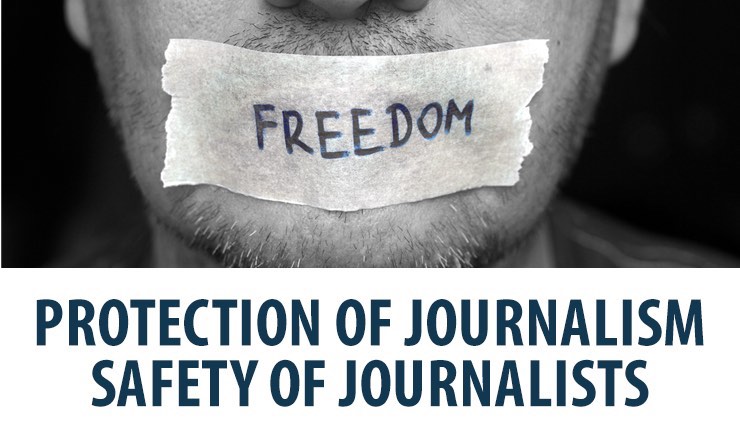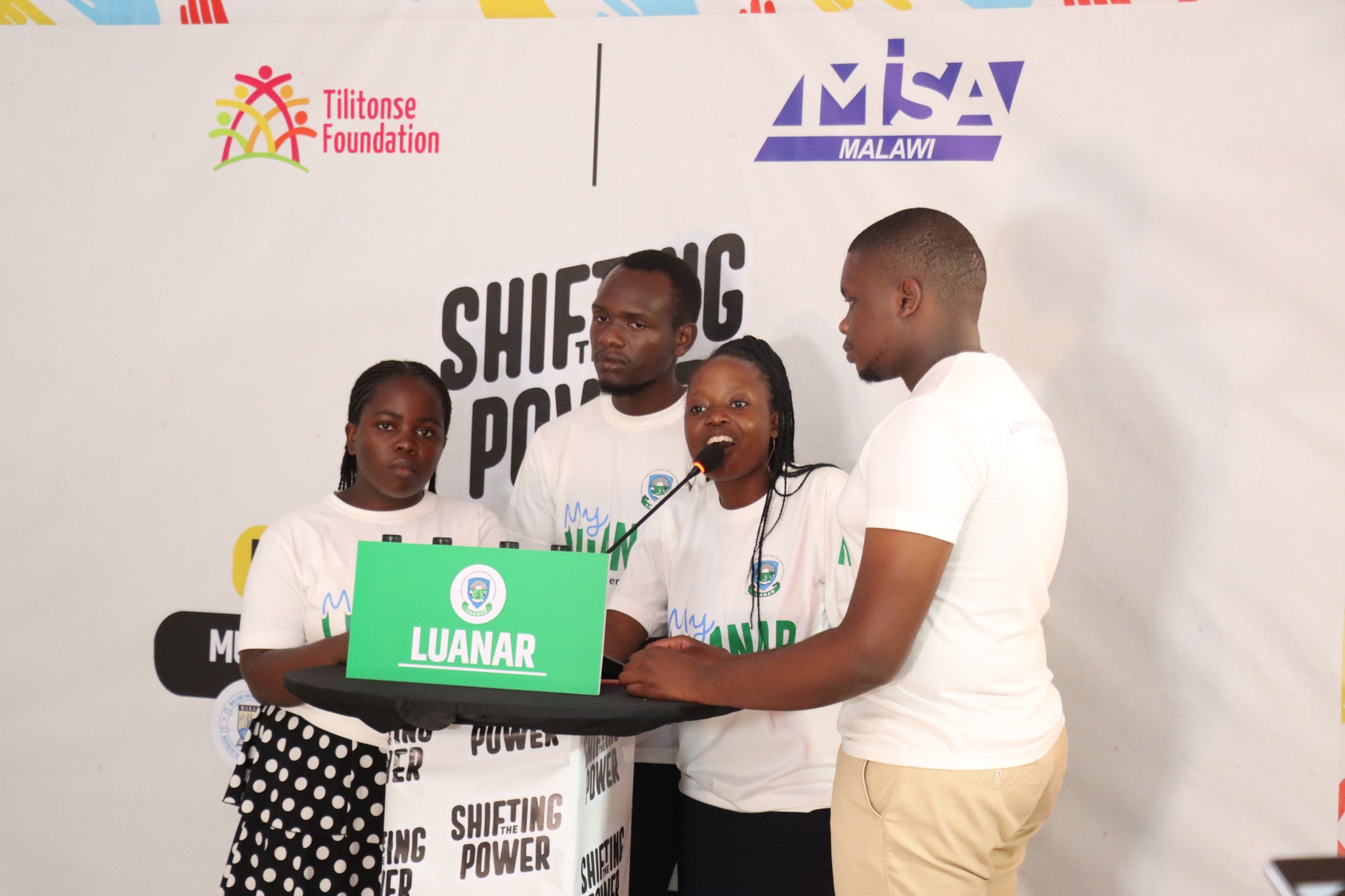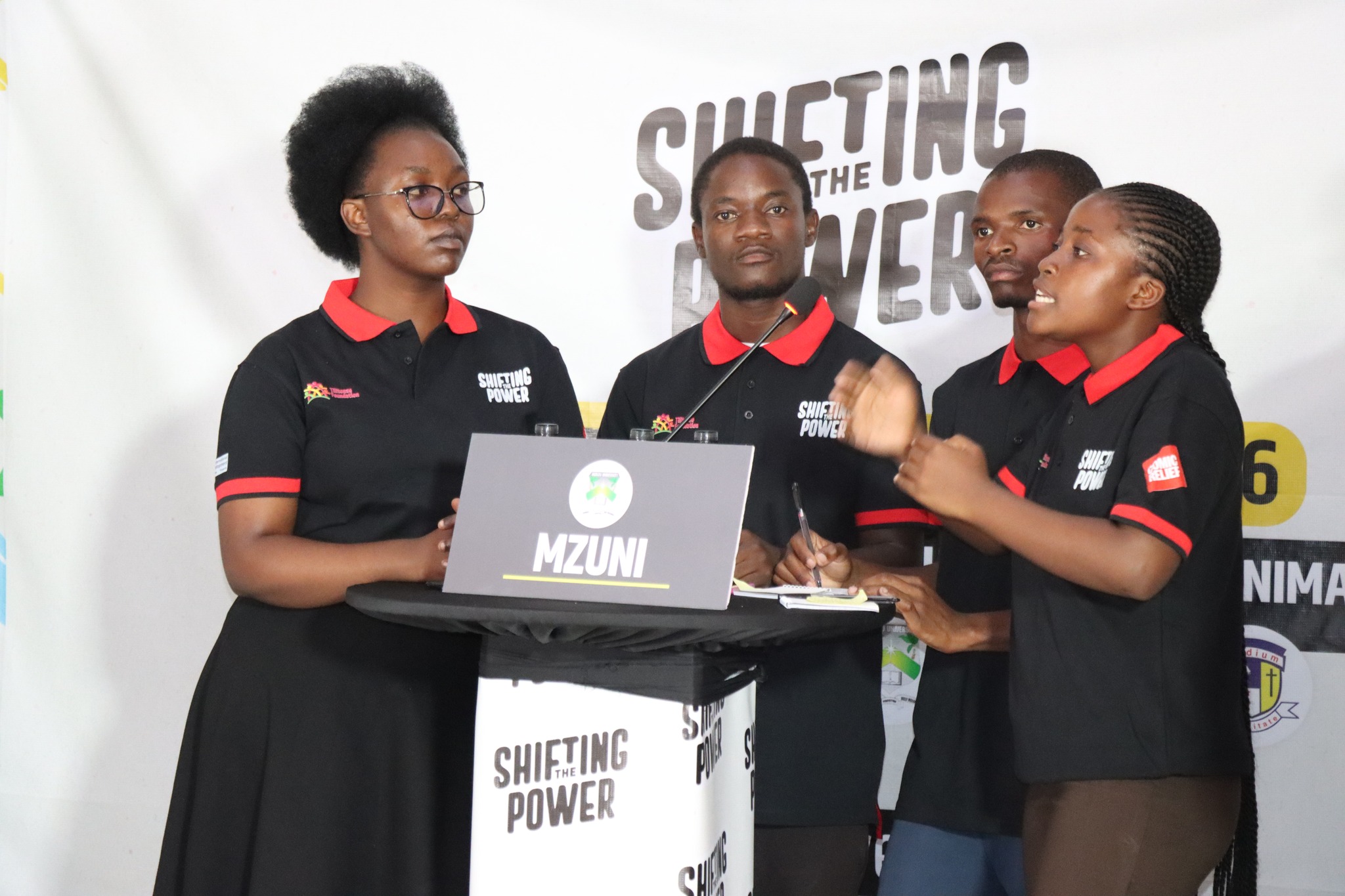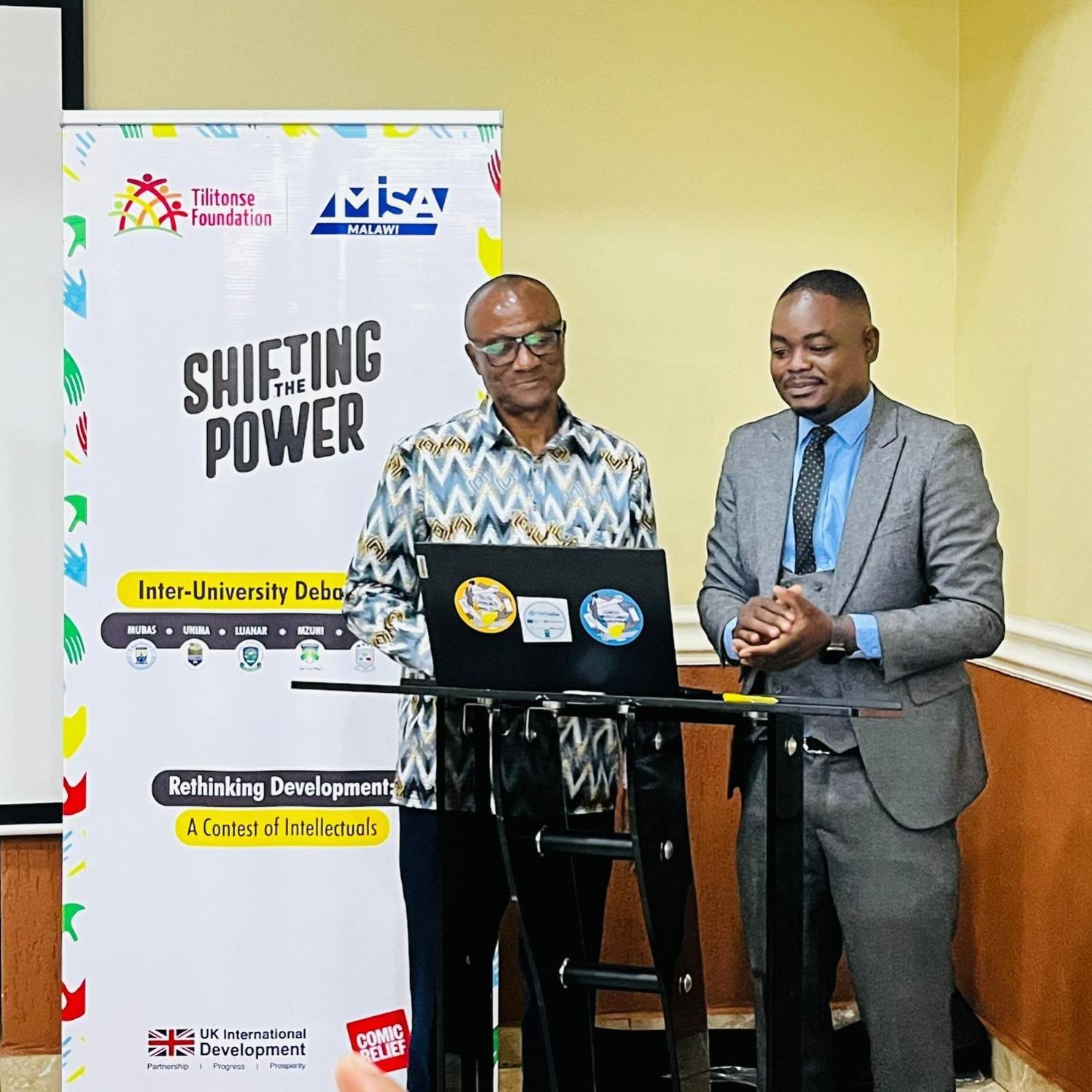MISA Malawi would like to condemn the undemocratic and unbecoming behaviour by some Members of Parliament (MPs) who treat journalists as spies and enemies.
In the afternoon of Tuesday, February 18, 2020, some Democratic Progressive Party (DPP) MPs created a hostile environment for journalists at the Parliament Building in Lilongwe and barred the media from interviewing Leader of the House Honourable Kondwani Nankhumwa.
After an early adjournment, journalists covering the ongoing deliberations in the National Assembly wanted to interview Honourable Nankhumwa but the MPs stopped him from granting the interview, accusing journalists of being spies for the opposition and Human Rights Defenders Coalition (HRDC).
The DPP MPs also accused female journalists of dating opposition Members of Parliament.
We are specifically appalled by the utterances made by MP for Blantyre City South East Honourable Sameer Suleman who was recorded saying ‘if given a chance he would slap the journalists’. Honourable Suleman actually charged at some female journalists but was restrained by Minister of Homeland Security Nicholas Dausi.
MISA Malawi finds it unfortunate that some MPs are in the forefront victimizing journalists right inside the building where laws of this country are made. We expect lawmakers to respect the laws and fully understand that the Republican Constitution guarantees media freedom.
Malawi Parliament is in the process of taking Parliament to the people and the media has been key in that process. It is therefore appalling to see some MPs treating journalists as criminals and journalism as a crime.
MISA Malawi values a strong partnership that exists between journalists in country and the Malawi Parliament and we ask the authorities at Parliament to put an end to such uncalled-for conduct.
We also urge all Members of Parliament to realize that the National Assembly is a public institution that is supposed to be accountable and transparent to the media and the general public at all times.
Media contacts
MISA Malawi Chairperson Teresa Ndanga
Cell: +265 999 247 911 or email teresa.temweka@gmail.com
MISA Malawi National Director Aubrey Chikungwa
Cell: +265 999 327 311 or email info@misamalawi.org









